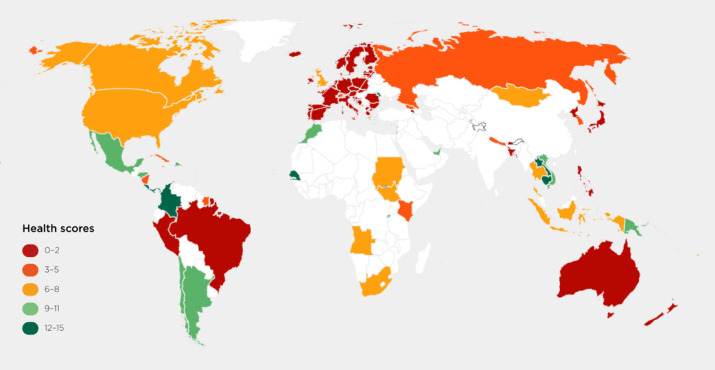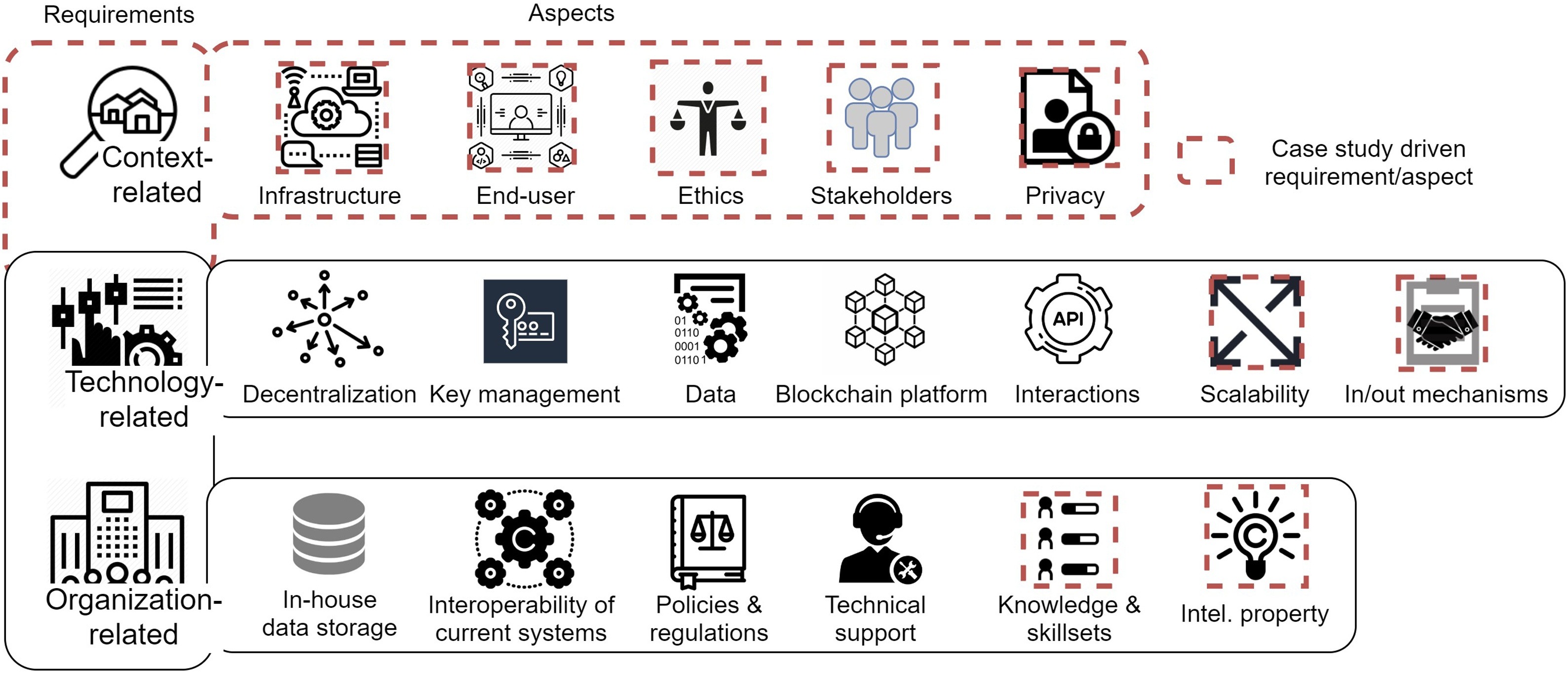The Lancet Public Health, Volume 6, October 2021
The Lancet Regional Health - Americas, Volume 2, October 2021
Background: Many states in the United States (US) have introduced barriers to impede voting among individuals from socio-economically disadvantaged groups. This may reduce representation thereby decreasing access to lifesaving goods, such as health insurance. Methods: We used cross-sectional data from 242,727 adults in the 50 states and District of Columbia participating in the US 2017 Behavioral Risk Factor Surveillance System (BRFSS). To quantify access to voting, the Cost of Voting Index (COVI), a global measure of barriers to voting within a state during a US election was used.
The Journal of Climate Change and Health,
Volume 3,
2021,
100035


